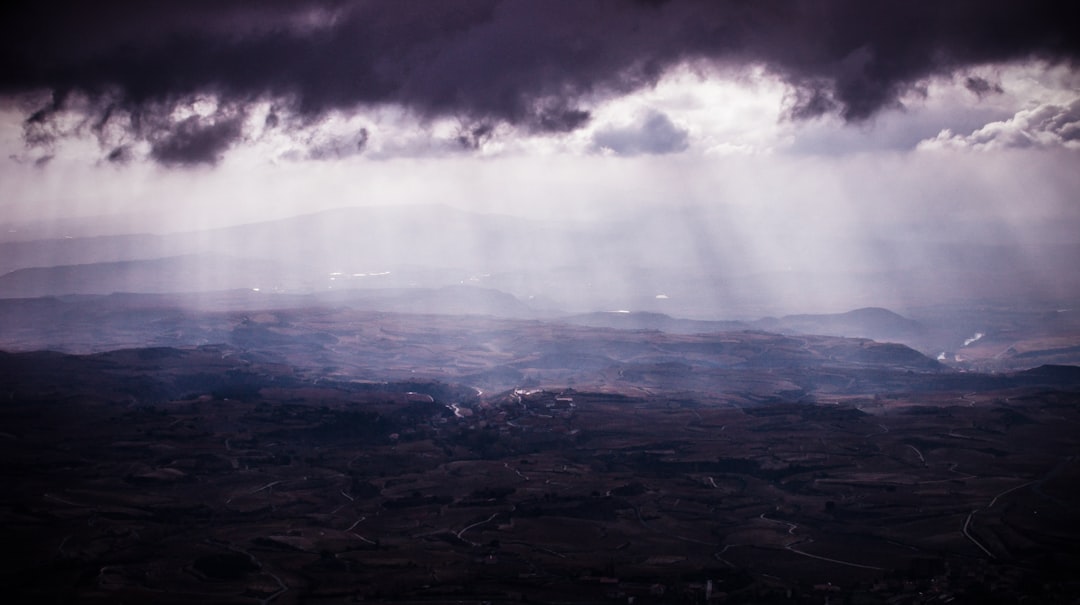What is it about?
In vocational schools, religious instruction often takes place in class. They are therefore an excellent field of research for investigating positioning processes in heterogeneous "globalized" classrooms and determining factors and prerequisites for interreligious learning. Here a conflict case is used as an example, to show how processes like these are functioning.
Featured Image

Photo by Rita Morais on Unsplash
Why is it important?
In the multi-religious world, religious education faces special challenges, which not only the Churches in Germany pointed out. Also secular scientists have realized, that religuous education has to make a contribution to the integration and civilization of religion. The discussion about interreligious learning is turning to new inquiries that focus on the ability of learners to position themselves. But the personal insight of the experts of this learning and the way they interact together in the public of the classroom has rarely been in focus of research.
Perspectives
I hope this article can help to value vocational schools for what they are: an opportunity to better understand interfaith learning and to avoid conflicts, which are not uncommon here. At no other schools the diversity of the learners is greater than at vocational school. And, this seems important to me, only in religious education it itself becomes a topic. Here, it is possible to develop customized task formats that enable learners to learn and not to separate themselves from each other.
Dr. Petra Sorg
Read the Original
This page is a summary of: „Hey, seit wann denkst du so?“ Heterogenität als alltägliche Erfahrung für Schülerinnen und Schüler an beruflichen Schulen. Ergebnisse einer Frankfurter Studie, Zeitschrift für Pädagogik und Theologie, September 2020, De Gruyter,
DOI: 10.1515/zpt-2020-0036.
You can read the full text:
Contributors
The following have contributed to this page










